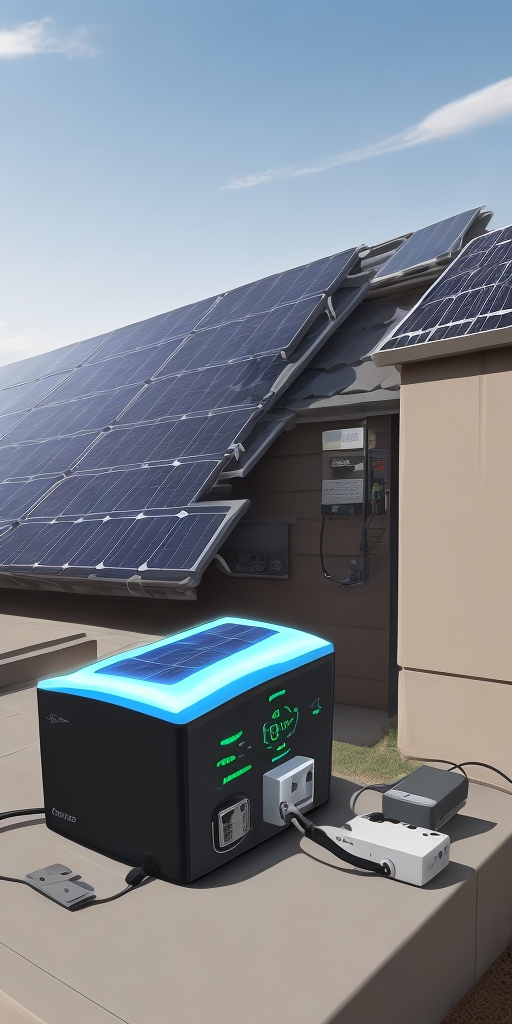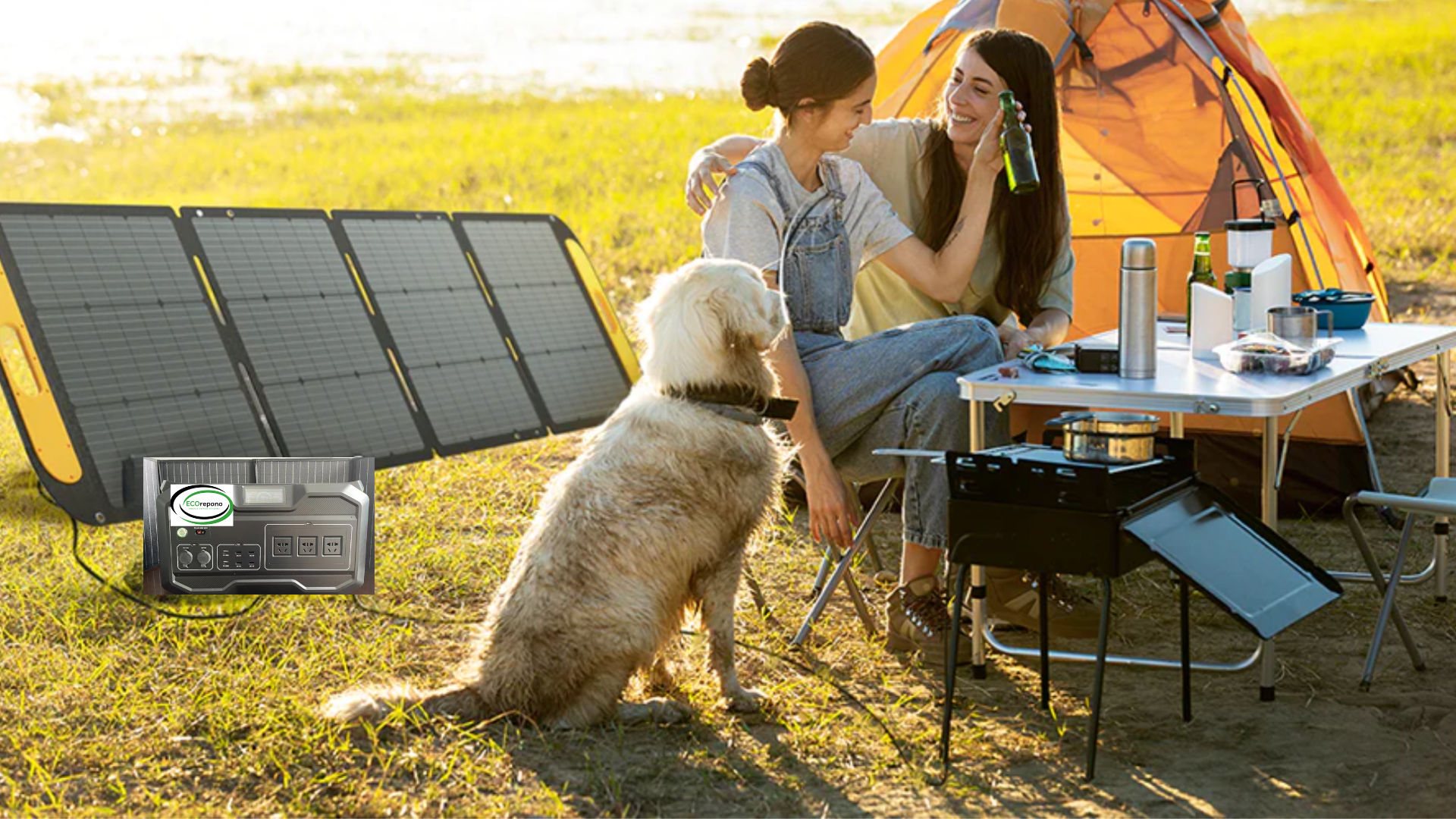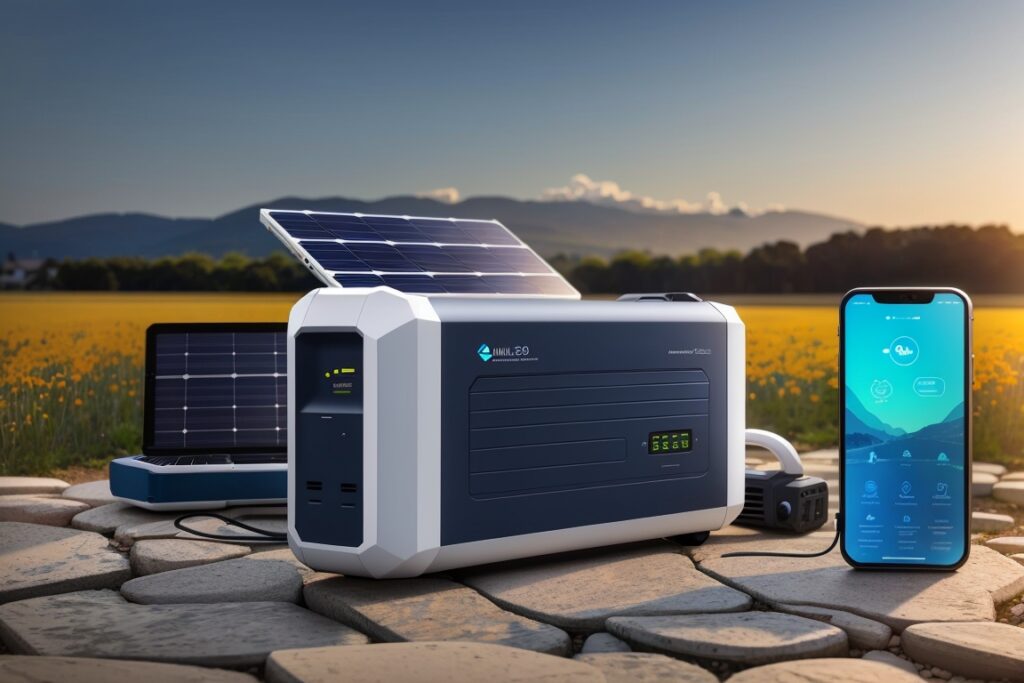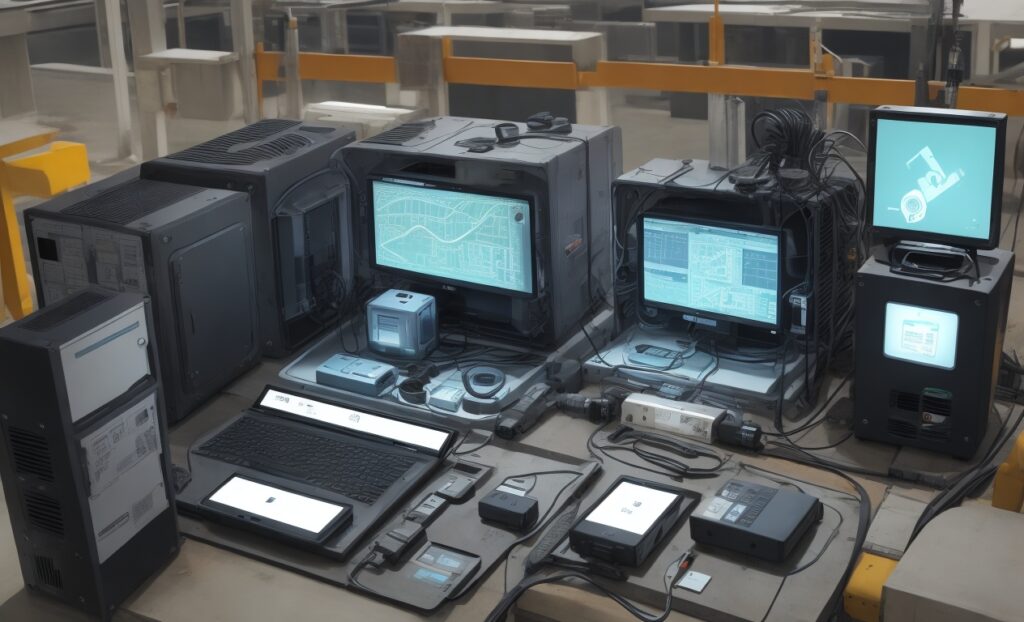
How To Choose Your Preferred Power Station

What is a portable power station?
A portable power station is battery-powered devices engineered to store and deliver electricity for a multitude of applications. Tailored for outdoor enthusiasts, campers, travelers, and emergency situations, these stations offer a dependable power solution in environments where traditional access to electricity may be challenging. Comprising a lithium-ion battery, an inverter, outlets, and ports, all encased within a robust housing, these power stations are designed to endure the rigors of various settings. The key determinant of their performance is the battery capacity, measured in watt-hours (Wh), dictating the duration the station can efficiently power devices before requiring a recharge. Whether you’re exploring the great outdoors or preparing for unexpected power outages, portable power stations provide a versatile and reliable energy source to keep you connected and powered up on the go.


Battery Capacity
The capacity of portable power stations is a vital performance metric, reflecting the quantity of energy the station can store or produce. A higher capacity indicates a larger reservoir of stored power, guaranteeing prolonged operation and an increased energy supply.
Power Output
The power output stands as a pivotal performance metric for portable power stations. Models with high power output boast an expanded compatibility range, accommodating larger appliances and mobile devices. V-Beyond technology doubles the peak power, while the UPS guarantees uninterrupted operation in the face of grid anomalies.


Charging
The ECOrepono Power Station provides three versatile charging methods, offering flexibility and dependable charging solutions. Through AC charging, it achieves full battery capacity in just one hour, while the prowess of a 400W solar panel harnesses its charging capabilities, accomplishing a full charge in approximately four hours.
Safety Performance
The batteries demonstrate outstanding thermal and chemical stability, making them safer than lithium-ion batteries. In the case of hazardous incidents like collisions or short circuits, they do not explode or catch fire, significantly minimizing the risk of harm.



